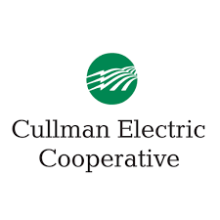American Sustainable Business Council Calls for Local Broadband Authority
As the Covid-19 pandemic continues and the federal response sputters, it’s clear that the responsibility of getting our local economies back on track now lies largely with cities and states.
To help state and local governments responding to the coronavirus, the American Sustainable Business Council (ASBC) released a set of policy recommendations, “From Crisis to Opportunity: Recommendations for State & Local Governments,” in late May. ASBC’s policy suggestions touch on various issues, including Internet access. The guide directs government officials to promote cooperative and municipal networks and remove barriers to community broadband in order to expand Internet access.
ASBC describes the thinking behind the recommendations:
As socially responsible businesses and thought leaders, we have long advocated for a triple bottom line of people, planet, and profit. None of these values are mutually exclusive. Together, through local investment, equity and accountability we can rebuild our post-COVID economy stronger, more sustainable, and enduringly just.
How Cities and States Can Rebuild Sustainable Economies
ASBC represents more than 250,000 businesses and advocates for a vibrant, sustainable economy. Read more about the group and its principles on its website.
The recommendations are focused on actions that state and local governments can take because they are on the frontlines of the pandemic’s effect on local economies. “Even with the passage of three federal stimulus bills (with more promised), these leaders will remain in the driver’s seat, and they now need bold ideas,” ASBC explains.
However, ASBC also sees the ongoing crisis as a chance to fix existing issues, saying:
We believe that this moment provides state and local governments an opportunity not only to continue leading the way through this crisis but also in solving the structural problems the federal government has too long neglected . . . Most of our suggested policies effectively provide not only economic stimulus but lasting social, environmental, and public benefit.




